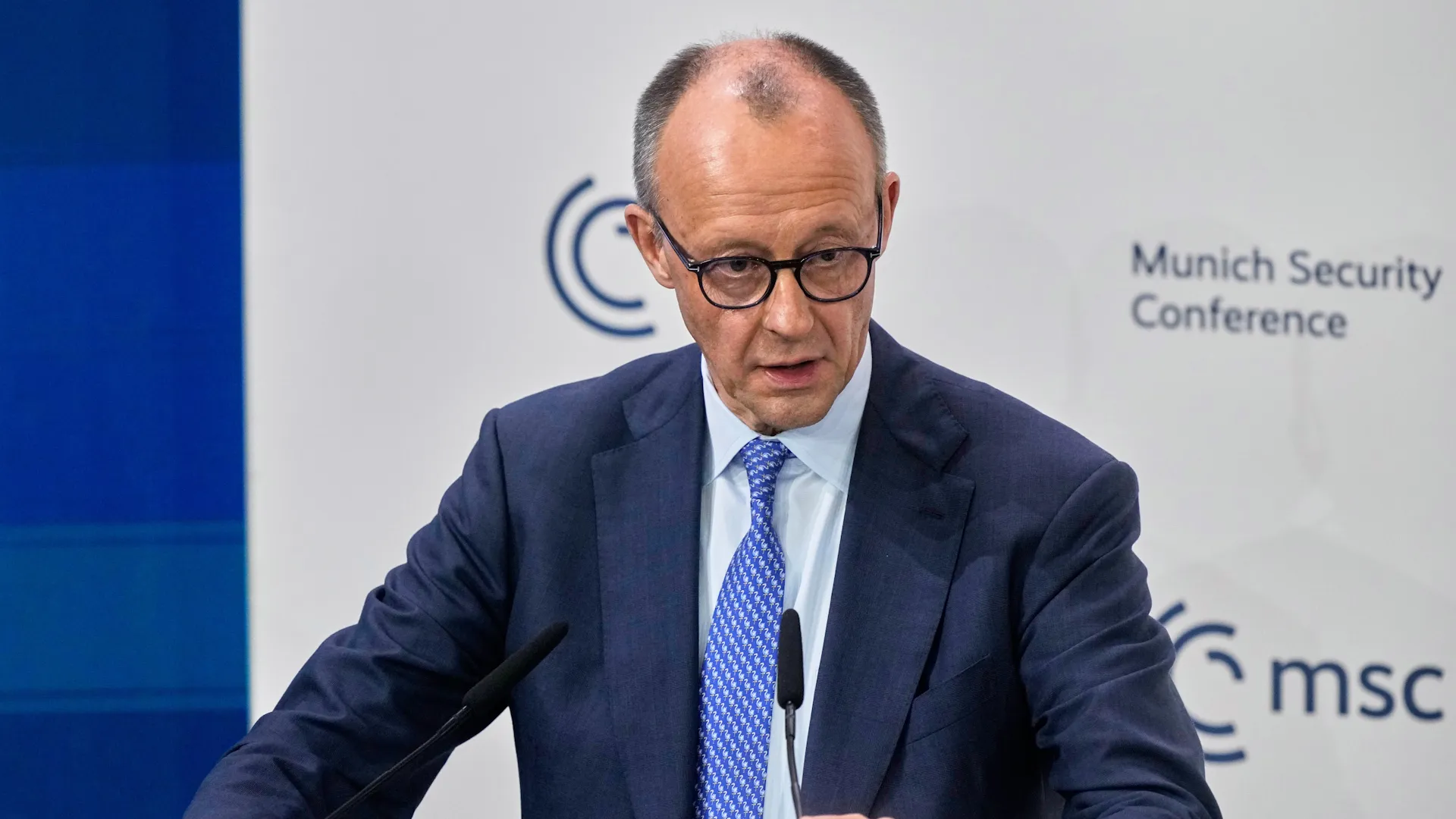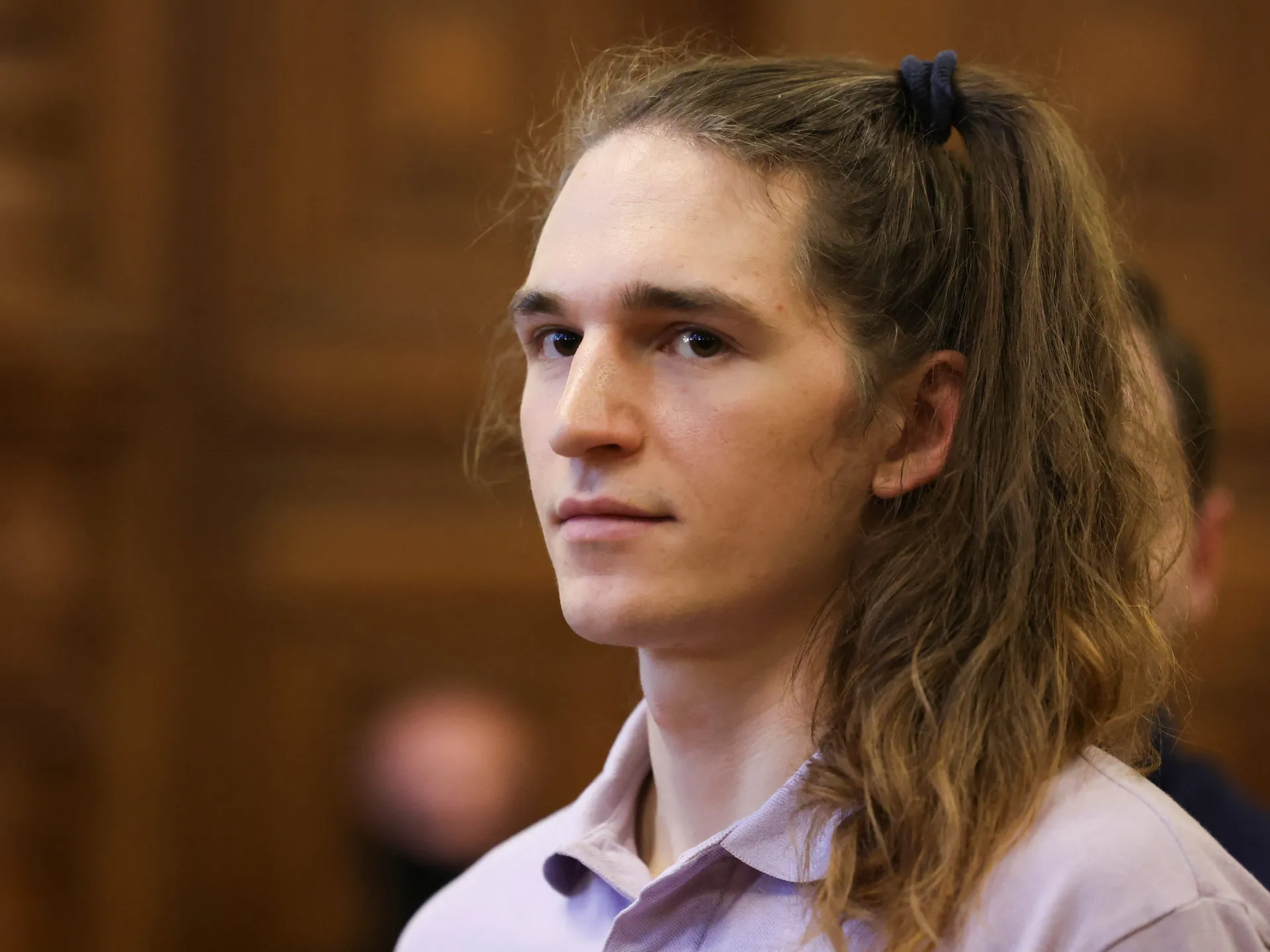The German football federation has ruled out a boycott of the World Cup despite calls from within to send a message to United States President Donald Trump.
“We believe in the unifying power of sport and the global impact that a FIFA World Cup can have, the federation said in a statement issued late on Friday. “Our goal is to strengthen this positive force – not to prevent it.”
Recommended Stories
list of 4 itemsend of list
The federation, known as the DFB, said its executive committee met and discussed the option of a boycott of the tournament in the United States, Canada and Mexico, a consideration first proposed last week by DFB Vice President Oke Gottlich.
Gottlich, who is also the president of Bundesliga club St Pauli, referred to Trump’s recent actions and statements and said it was time to “seriously consider” a boycott.
In what appears to be a public rebuke to Gottlich, however, the DFB said “debates on sports policy should be conducted internally and not in public”.
The DFB said a boycott “is not currently under consideration. The DFB is in contact with representatives from politics, security, business, and sports in preparation for the tournament” from June 11-July 19.
Trump has sown discord in Europe with his takeover bid for Greenland and threats to impose tariffs on European countries that opposed it, while US actions in Venezuela and at home in dealing with protests in American cities have also raised alarm.
Former FIFA president Sepp Blatter last week advised fans to stay away from the tournament.
When president, however, Blatter opposed calls to boycott the 2018 World Cup in Russia over concerns about Ukraine.
“Football can not be boycotted in any country,” he said at the time.
Ahead of this summer’s tournament, fans have concerns about high ticket prices, while travel bans imposed by the Trump administration could also prohibit supporters from some competing nations from attending.
Germany’s team, at least, will be there.
“We want to compete fairly against the other qualified teams next summer,” the DFB said. “And we want fans worldwide to celebrate a peaceful festival of football in the stadiums and at fan zones – just as we experienced at the 2024 European Championship in our own country.”




